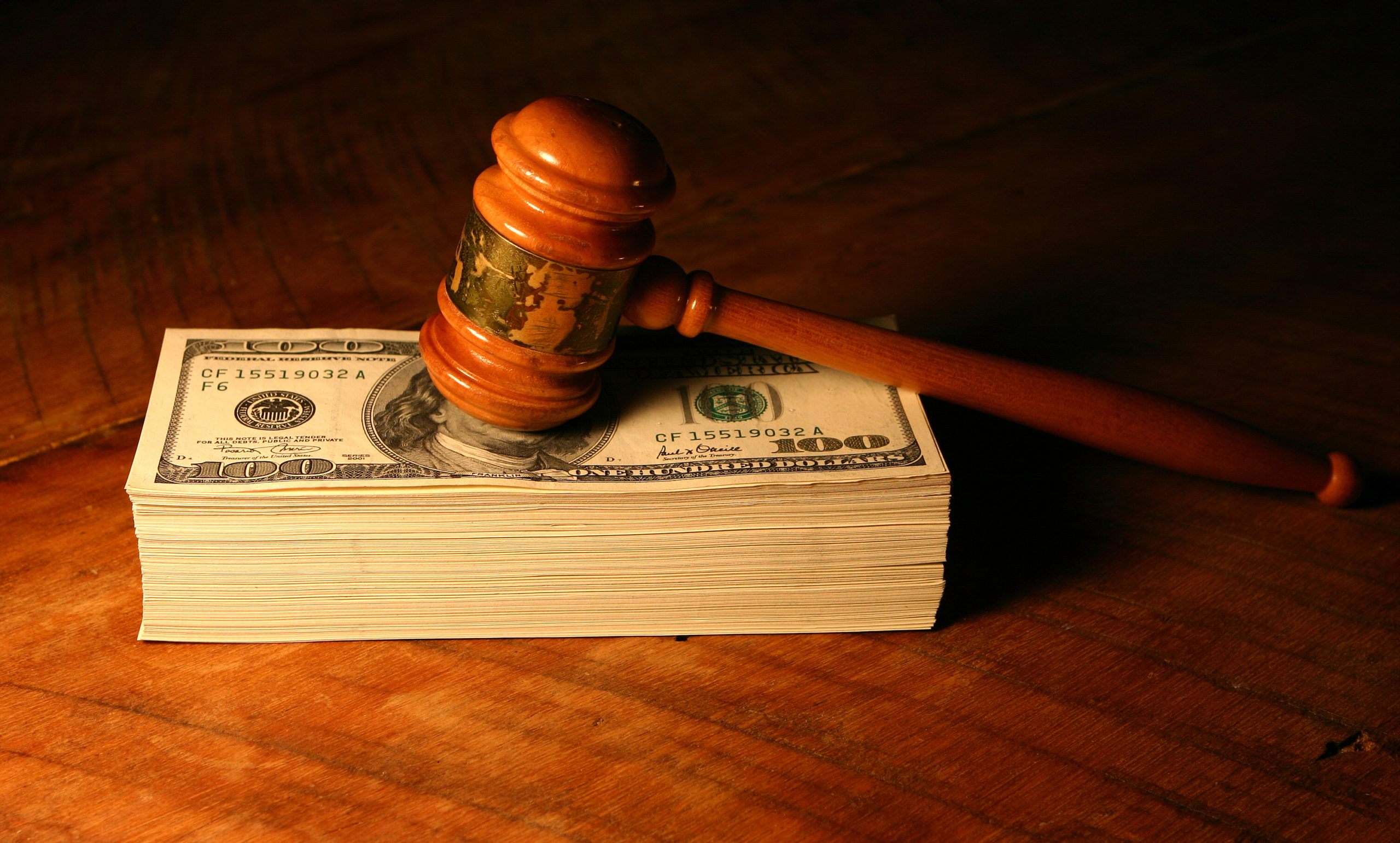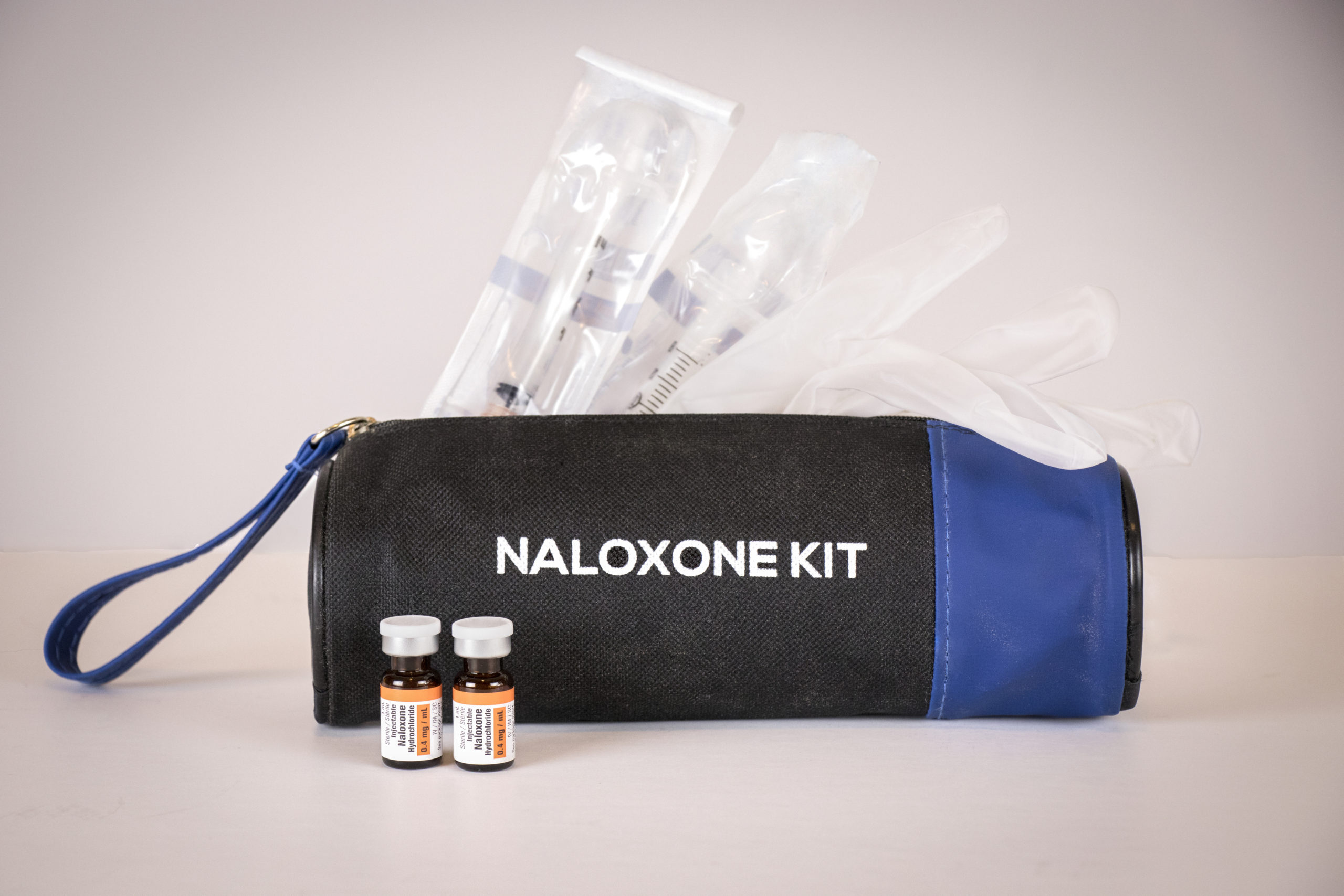Spending Opioid Settlement Proceeds: Choices and Challenges for Governments
In this fact sheet the Legislative Analysis and Public Policy Association (LAPPA) details how opioid settlement proceeds are being disbursed to state and local governments, how those governments are choosing to spend those funds, and the obstacles that can prevent these funds from helping those who have been affected by the opioid epidemic....









